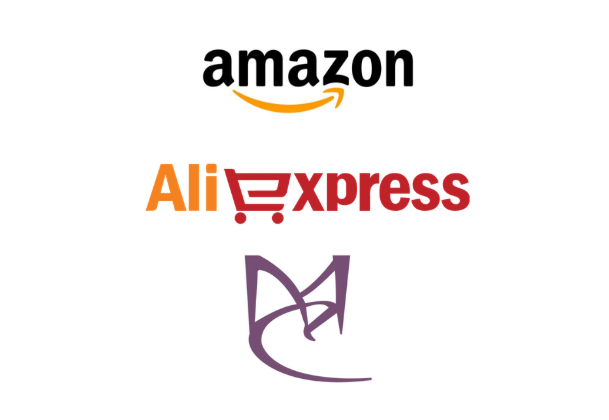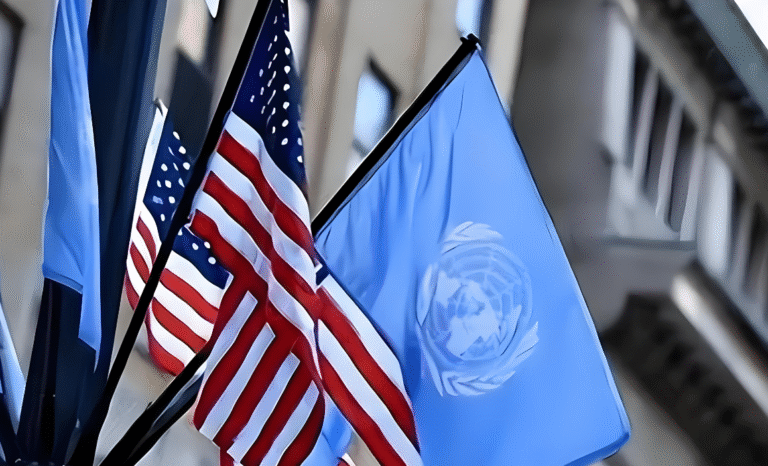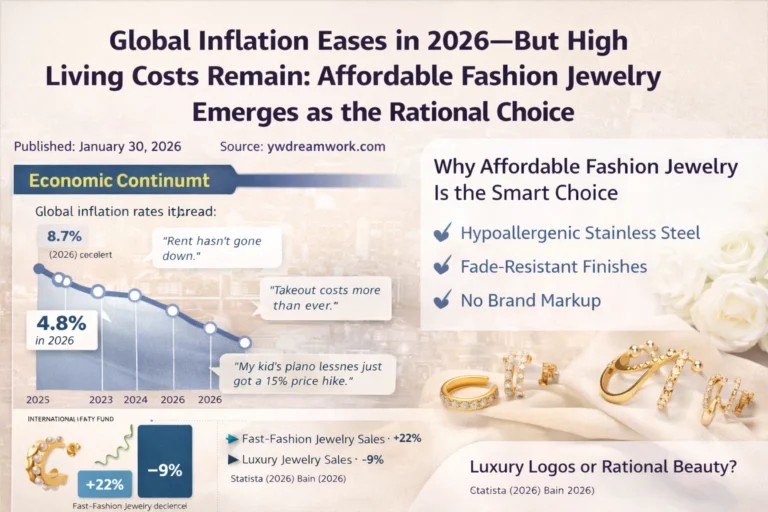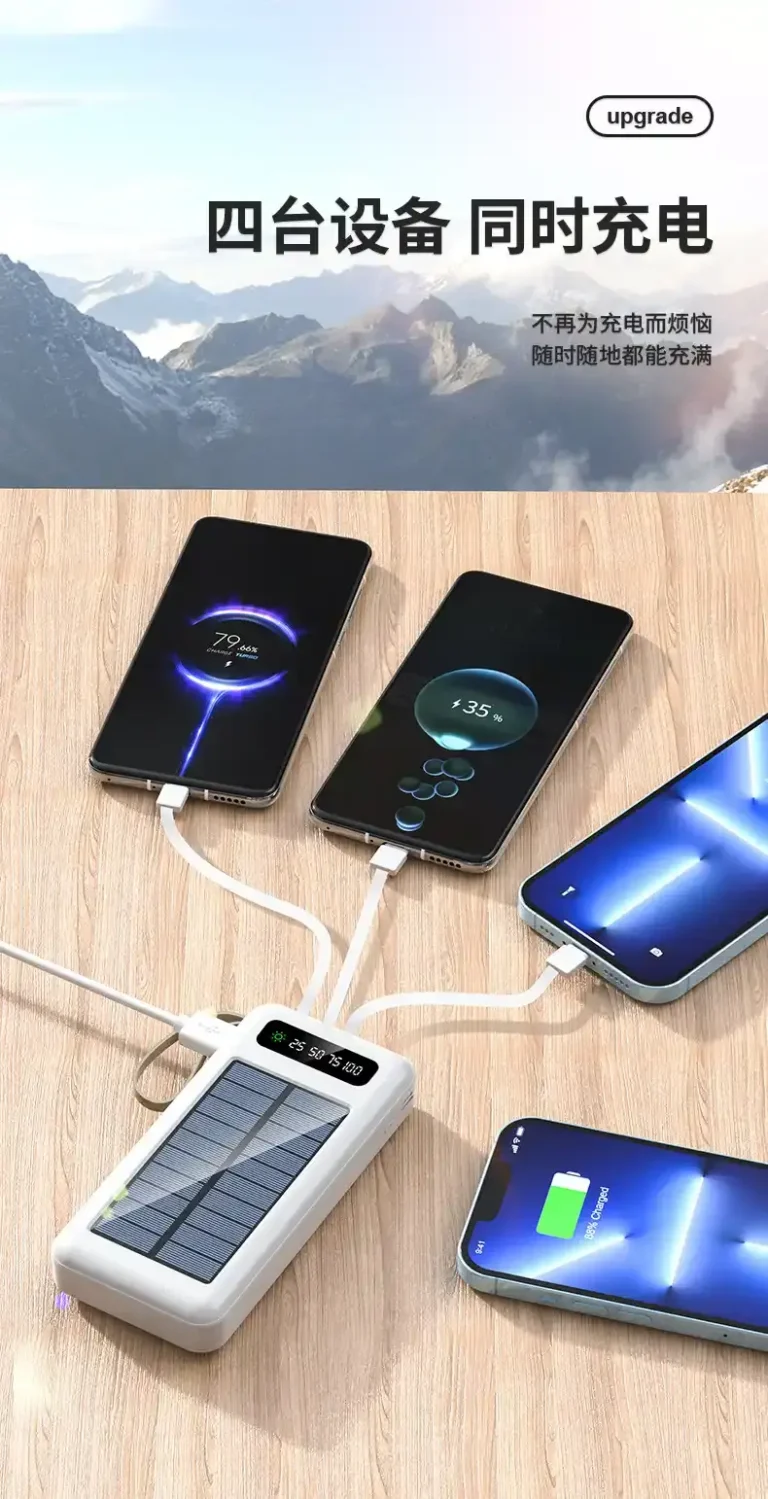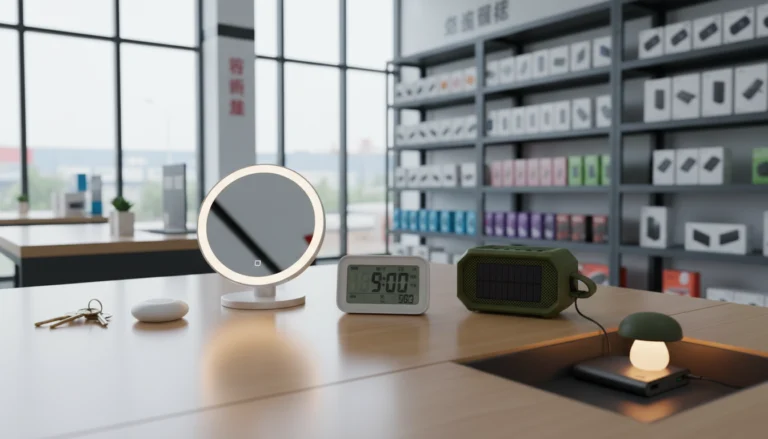Santa’s Warehouse Is Actually in Yiwu, China

Every December, as families across Europe and North America light up Christmas trees and children hang stockings by the fireplace, few realize this:
About 70% of the ornaments on that glittering tree, 80% of the LED light strings, and 95% of the plastic snowmen were made in a small city in southern China—Yiwu.
There are no reindeer here, no sleighs, and certainly no jolly man in a red suit.
But step into Hall 5 of the Yiwu International Trade Market—the “Holiday Decorations Zone”—and you’ll find thousands of Santas being born on assembly lines: some playing trumpets, others waving, riding reindeer, or even singing “Merry Christmas” in perfect American English.
And their makers? They might have just returned from buying vegetables at the local market—and still can’t quite tell you what day Christmas falls on.
“We don’t celebrate Christmas—but the whole world celebrates it thanks to us.”
Chen Jianguo, 52, runs a holiday goods factory in Fotang Town, Yiwu. His workshop produces 3 million Christmas items every year, shipped to Germany, the U.S., Brazil, and Saudi Arabia.
“I’ve never eaten turkey, and I’ve never seen a real Christmas tree,” he says with a laugh. “But I know Americans love gold and red, Germans demand eco-friendly materials, and Middle Eastern clients can’t have human faces—so our Santa is always shown from behind.”
His warehouse overflows with crates bound for every corner of the globe:

- A box of “singing gingerbread houses” heading to Los Angeles;
- A pallet of “solar-powered snowflake lights” en route to Dubai;
- A full container of “biodegradable paper angels” rolling toward Amsterdam.
Chen Jianguo, 52, runs a holiday goods factory in Fotang Town, Yiwu. His workshop produces 3 million Christmas items every year, shipped to Germany, the U.S., Brazil, and Saudi Arabia.
“I’ve never eaten turkey, and I’ve never seen a real Christmas tree,” he says with a laugh. “But I know Americans love gold and red, Germans demand eco-friendly materials, and Middle Eastern clients can’t have human faces—so our Santa is always shown from behind.”
His warehouse overflows with crates bound for every corner of the globe:
- A box of “singing gingerbread houses” heading to Los Angeles;
- A pallet of “solar-powered snowflake lights” en route to Dubai;
- A full container of “biodegradable paper angels” rolling toward Amsterdam.
According to Yiwu Customs, from January to September 2024, the city exported $1.86 billion worth of Christmas goods—a 9.3% year-on-year increase. In October alone, over 21,000 shipping containers loaded with festive products departed for ports worldwide.
“Christmas season is our ‘Spring Festival rush,’” says a logistics manager. “Orders start flooding in June, and everything must ship by late November—if we’re one day late, people overseas won’t have Christmas.”
From “Bartering Sugar for Chicken Feathers” to Lighting Up the World
Yiwu’s Christmas industry began in the 1990s. Local traders noticed European buyers at the Canton Fair snapping up holiday decorations—at high prices and limited styles. They asked themselves: “Why can’t we make these ourselves?”
No molds? They modified hardware tools.
No designs? They reverse-engineered samples.
No cultural knowledge? They hired foreign teachers to explain why Santa wears red.
Three decades later, Yiwu has built the world’s most complete holiday supply chain:
- All raw materials—plastic pellets, LED chips, gold paint, packaging—are available within a 5-kilometer radius;
- Prototypes in 3 days, mass production in 7, with minimum orders as low as 100 pieces;
- And customization down to cultural detail:
- “Christmas trees” for Muslim markets are relabeled “festive trees” with all religious symbols removed;
- Light strings for Scandinavia run on 230V;
- Every toy meets EU EN71 safety standards.
“We don’t preach faith—we supply it,” says an export manager. “Belief belongs to believers. We just make sure it arrives on time—and with respect.”
While Politicians Talk Decoupling, Christmas Trees Keep Glowing
In recent years, Western leaders have pushed “de-risking” and “supply chain diversification.” Vietnam, Mexico, and Turkey are all vying for holiday product orders.
But reality bites hard.
A German importer admits: “We tried making light strings in Vietnam—resistors failed, and they fried a customer’s outlet. We came right back to Yiwu. It’s not just cheaper—it’s reliable.”
Yiwu’s edge lies in speed, flexibility, and ecosystem density.
When a dancing penguin ornament goes viral on TikTok, Yiwu factories launch identical versions within 48 hours. When Europe suddenly bans single-use plastics, local suppliers roll out biodegradable alternatives in a week.
“As politicians shout about decoupling,” jokes a cross-border seller, “businesses quietly renew their contracts.”
What Santa Doesn’t Know
In Yiwu, Christmas isn’t a holiday—it’s a global coordination project.
- Designers scan Pinterest for trends;
- Workers apply the final flecks of gold foil on assembly lines;
- Gen-Z livestreamers demonstrate—in fluent English—how to decorate a full tree for just $10;
- The “Christmas Express” freight train departs for Madrid, arriving in 12 days.
And it all starts with a simple question at a market stall:
“Boss, can this Santa blink?”

Epilogue: The World Needs Ritual—Yiwu Makes It Possible
Some may argue these plastic trinkets are cheap, disposable—even a dilution of Christmas spirit.
But for a child in a Manila slum, a $1 LED star is a beacon of hope.
For a mother in a Kyiv bomb shelter, a singing Santa doll lets her daughter forget the war, if only for a night.
Yiwu doesn’t manufacture faith.
But it makes faith tangible, affordable, and shareable.
So this year, as you switch on your Christmas lights, take a closer look at those tiny bulbs—
Their electricity comes from China’s grid,
But their glow lights up the world.
Santa may live at the North Pole,
But his warehouse is in Yiwu, Zhejiang.

